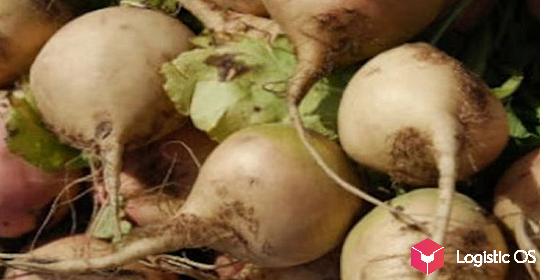These countries plan to expand the adoption of such crops, which should help increase yields.
According to the German company Bayer, up to 15% of all soybeans grown in Brazil next season will have to be genetically modified soybeans.
We are talking about 6.8 million hectares. At the moment, about 44 million hectares are under soybeans in Brazil; next year it is planned to increase the area to 45.5 million hectares.
Moreover, the next season will be the third in which Bayer supplies seeds of GMO crops to Brazil.
We are mainly talking about the Intacta2 Xtend variety, which has been performing well lately, so there is a high probability that its supply will increase.
What are the advantages of modified soybeans?
According to the developers, it is resistant to herbicides and caterpillars, which significantly reduces losses and, in addition, reduces production costs.
However, the most important advantage of seeds that contain GMOs is their higher yield.
According to Bayer, Brazilian farmers are constantly setting records thanks to the opportunities offered by new seeds.
For example, the number of farmers who collected more than 6 tons per hectare doubled this year, and some managed to collect 6.3 or even 7.7 tons.
All this makes it possible to significantly increase productivity, and this is important both for the country’s food security and for the high margins of agricultural producers.
Philippines introduces GMO cotton
This country also plans to focus on genetically modified seeds, but in this case we are not talking about food, but about cotton.
The local plant bureau, after all approvals and tests, issued permission to use such seeds.
It is planned that this should also increase productivity and production margins, as well as employ new personnel, since more workers will be needed.
In particular, we are talking about cotton picking, which is still largely done by hand.
By the way, the cotton is not imported: the GFMry1A variety was developed by specialists from the Philippine Fiber Industry Development Authority (PhilFIDA).
It is noted that the new variety is more resistant to various infections.
Experts emphasize that GMO crops have a great future, but it is very important to carry out systematic work to bring to the attention of people, including politicians and farmers themselves, information about all the benefits of new modified varieties.

